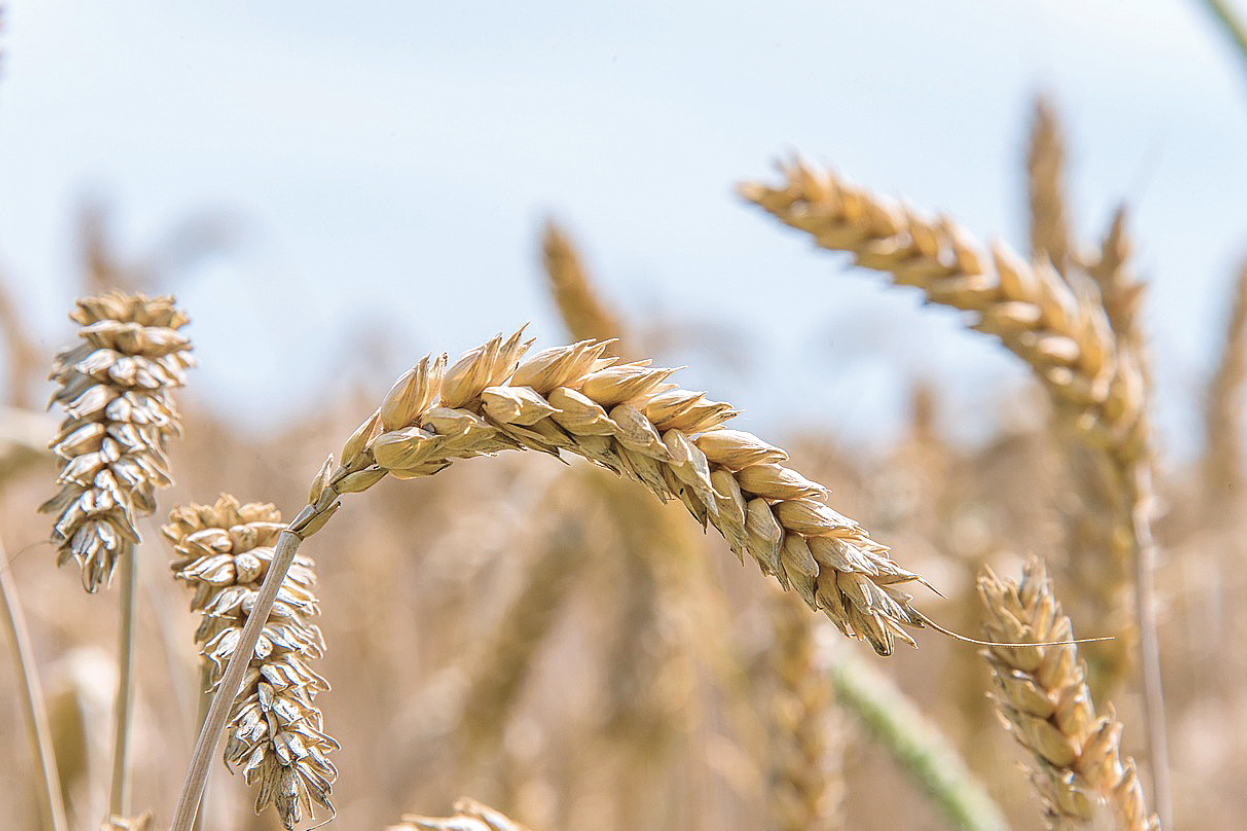Rural
6 June, 2025
Helping wheat beat the heat
RESEARCHERS at Western Sydney University have found that drought-affected wheat plants can recruit eco-friendly soil bacteria to help them survive, boosting crop health, yields, and resilience to extreme weather.

Published in Cell Host & Microbe, the study shows that drought-stressed wheat produces a natural compound, 4-oxoproline, around its roots. This acts as a chemical signal to attract helpful soil microbes like Streptomyces and Leifsonia.
These microbes then release beneficial substances such as osmolytes, plant hormones, and nutrient solubilisers that improve the plant’s drought resistance.
When the researchers reintroduced these microbes to wheat in dry soil, the plants grew larger, stayed healthier, and produced more grain—even in the next generation.
Lead author Dr Jiayu Li, from the Hawkesbury Institute for the Environment, said the findings highlight how plants and microbes team up to endure drought, supporting sustainable, climate-smart farming.
“Our work offers a new way to use natural plant compounds and microbes as bio-based tools to protect crops from drought,” said Dr Li. “It also opens up breeding pathways for climate-resilient crops with inherited drought memory.”
Senior author Distinguished Professor Brajesh Singh said the findings offer farmers a natural method to protect crops and maintain productivity in a changing climate, helping secure food supply and environmental health.

